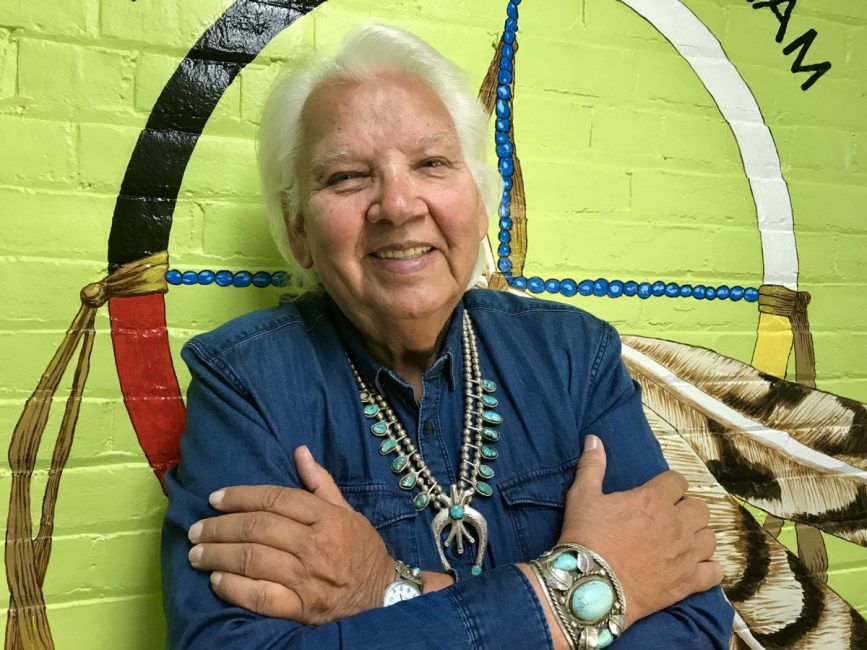The Toronto District School Board is completing a phase-out of the word “chief” from job titles, out of respect for Indigenous people.
Titles such as chief financial officer, chief academic officer and chief communications officer will see the word “chief” removed and replaced with “manager” or something similar. The changes include 12 chief positions in the professional support services department where the word manager is now used.
The work began a few years ago and is now concluding, TDSB spokesman Ryan Bird said.
Dr. Duke Redbird, curator of Indigenous art and culture at the TDSB, said the change “fits with building a student capacity for intercultural understanding, empathy and mutual respect — and that’s a quote from the Truth and Reconciliation (Commission) recommendations.” The commission was set up to examine the abuse suffered by Indigenous children in Canada’s former residential school system. Its final report made 94 recommendations.
Redbird said the TDSB move solves two problems: First, job titles will more clearly describe what the jobs actually entail. Second, it respects the importance and historical significance of the role of chief in Indigenous communities.
“And it helps in our own community, that these designated titles … are recognized for what they actually are — which are earned titles that you get through a democratic process of an election,” Redbird said.
“The word has a lot of meaning to our people,” he added. “Whenever we talk about a person who is a chief, it’s an incredibly important position. One of the things that we have found in the past is that the word chief was used as a slang, pejorative word, describing anyone who happened to be of Indigenous background.”
When asked if he’d like to see the word chief switched out across the board, Redbird said the term is an English one.
“It belongs to the English language. It belongs to the settlers. We do not have a problem with their use of their word for what they want to describe in their communities. We are only grateful to the Toronto District School Board, that they saw that it could be used in a derogatory term against our students.”
Damien Lee, an assistant professor of Indigenous studies at the University of Saskatchewan, could not comment on the TDSB’s use of the word chief, but said the term carries “baggage.”
“It has been used as a pejorative,” Lee said. “Some people will use it in a kind of demeaning way.”
The term chief was not used by Indigenous peoples prior to colonization, he noted.
It appears in the Indian Act, a piece of legislation passed by the Parliament of Canada in 1876 and meant “to get rid of Indigenous people,” Lee said.
Under the Indian Act, the term chief carries the weight of “being forced to adopt an alien form of governance,” Lee said.
The legislation mandates that First Nations have a chief and council — a municipal style of government.
“Indigenous communities do have, and always have had and continue to have, their own inherent governance systems that don’t really look like a municipal government,” Lee said.




































